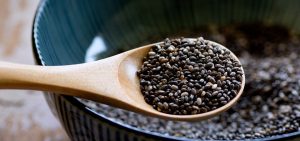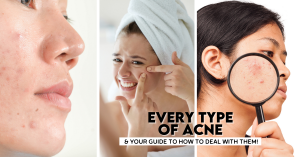Wellness
Bring Down Your Cholesterol Levels With These Easy Tips!
Are your cholesterol levels teetering a bit too high? Well, then it’s time you lower it down! Instead of panicking...
By: Cherelle Lim / August 3, 2021

Are your cholesterol levels teetering a bit too high? Well, then it’s time you lower it down! Instead of panicking and fearing that your cholesterol levels might rise higher, lookout for ways to lower it down! Reduce your cholesterol with these easy and natural methods! If you don’t know where to start, then you are in the right place. Beauty Insider will be sharing with you a few Insider Tips on how to reduce your cholesterol levels and have them dropping as fast as a rocket! Of course, after that, you’ll need to stick to a balanced diet to ensure that it doesn’t shoot up again!
Contents
What Exactly Is Cholesterol?
Cholesterol is produced in our body’s liver and it is a waxy sort of substance. Cholesterol also circulates the blood and our liver makes all that we need. Thus, we do not need to consume it in our diets! Although it isn’t necessarily bad, a high level of cholesterol can cause a risk to your health. To know your levels, doctors tend to take into account your blood triglycerides, low-density lipoprotein (LDL) and High-density lipoprotein (HDL) to calculate your total cholesterol levels.
Why Do You Need To Lower Your Cholesterol?

When you have high cholesterol levels, your body is more susceptible to diseases and health risks. This is because when you have large amounts of it circulating inside your blood, it makes it harder for your heart to pump blood. Thus, it can contribute to higher risks of atherosclerosis and the buildup of plaque inside the arteries. Lowering your cholesterol can help reduce the risks of these concerns. Your diet can contribute to your cholesterol levels as well, so having a healthy diet is definitely a good place to start.
Average Cholesterol Levels

For adults, a total cholesterol level that is less than 200mg/dL is the most desirable. If they are above 240 mg/dL, it is considered quite high. For LDL levels, below 100 mg/dL is the best and 90 mg/dL and above are considered very high. If you are looking at your HDL levels instead, they should be 60 mg/dL or higher to be considered optimal. If it drops below 40 mg/dL, it could cause risks of heart diseases.
Tips To Help Reduce Your Cholesterol
1. Monounsaturated Fats
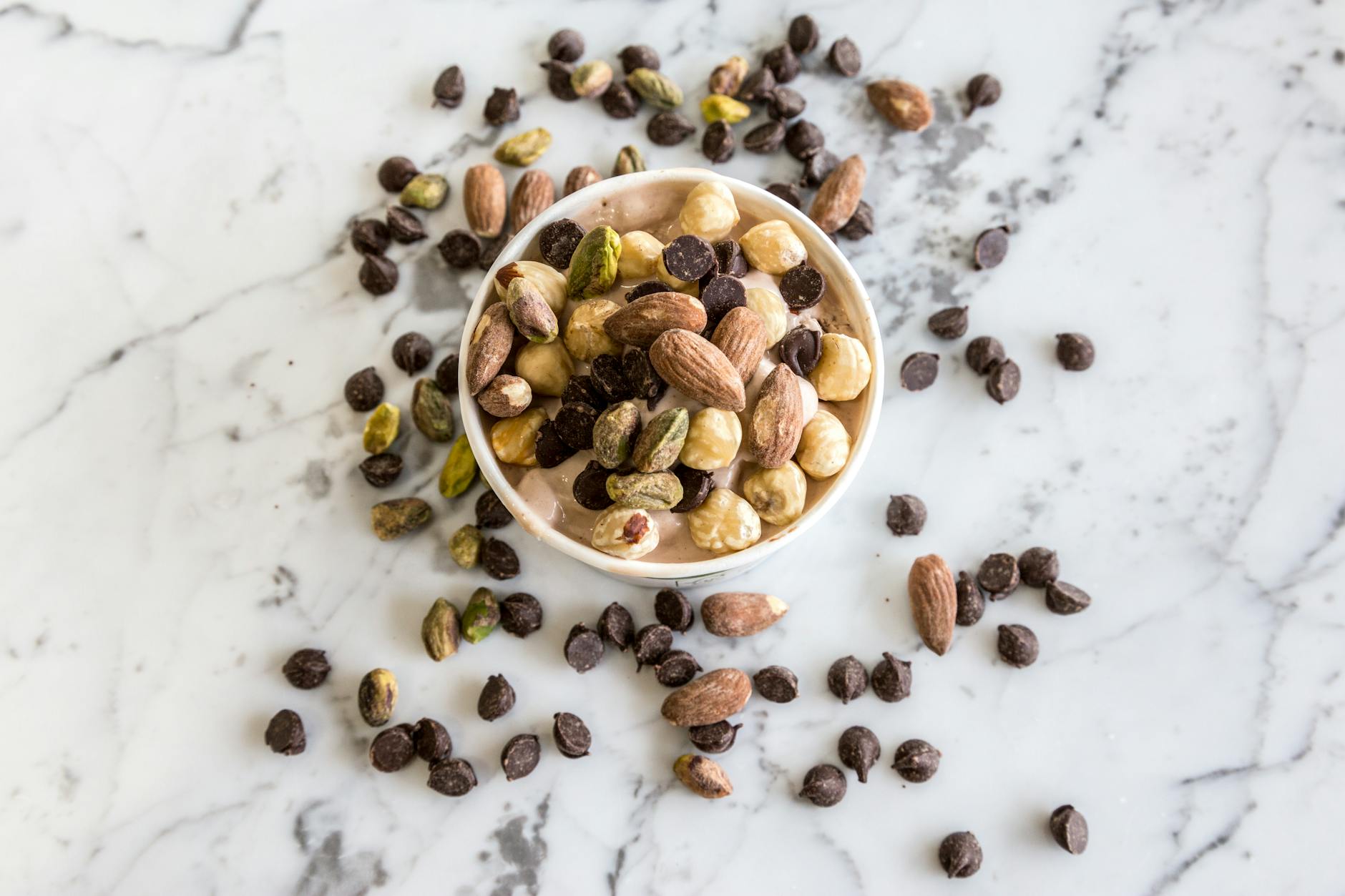
Monounsaturated fats contain one double bond and have the benefit to help reduce LDL cholesterol that is harmful. Instead, it protects and maintains your HDL at a high level. Going on a monounsaturated fat diet can help lipoprotein oxidation, which usually contributes to the clogging of arteries. Aside from that, monounsaturated fats also help lessen the oxidation of both cholesterol and fats. If you want to add monounsaturated fats to your diet, look for olive oil, avocados and even nuts! Whether it’s cashew nuts, pecans, almond nuts or walnuts.
2. Polyunsaturated Fats

To help lessen the levels of bad LDL cholesterol, try to incorporate polyunsaturated fats into your diet. These fats have several double bonds and can reduce the risk of getting heart disease. Aside from that, consuming polyunsaturated fats can also help lessen the risks of type 2 diabetes and metabolic syndrome. Omega 3 is a great polyunsaturated fat that is extremely healthy for the heart! Since Omega 3 is mostly found in fish oil supplements and seafood, you should add fatty fish to your diet. Such as herring, salmon, deep-sea tuna, mackerel, or even shrimp! If you aren’t a big fan of fish, you can also find Omega 3 in tree nuts and seeds.
3. Say No To Trans Fats

Trans fats, on the other hand, are fats that have been modified through hydrogenation. This process helps stabilise the unsaturated fats in vegetable oils so that they can be used as ingredients. Both shortening and margarine are where you can find it. Since trans fats actually cause the decrease of HDL cholesterol that are beneficial to your body, you should try to avoid it. It instead increases your LDL and total cholesterol! To help you avoid trans fats, look out for “partially hydrogenated” oil in products. These products tend to have trans fat in them.
4. Eat More Soluble Fiber

Soluble fibres are typically found in plants and are indigestible by humans. Although the good bacteria living inside your intestines, also known as probiotics, need soluble fibre for nutrients. Thus, probiotics are able to help lower harmful VLDL, LDL and lipoproteins. Therefore, soluble fibre has the benefit to help lower your cholesterol levels and you can find them in foods such as fruits, peas, oats, whole grains, beans, psyllium and lentils.
5. Exercising

Exercising is the best thing you can do for your body. Not only does it keep you healthy, but it definitely helps reduce the risks of you getting sick! As it helps you maintain your physical fitness, it also helps decrease LDL cholesterol that is harmful and instead increase HDL cholesterol that is beneficial for your body. There are many ways you can exercise and you can even do it in the comfort of your own home! Whether it’s cardio, walking, jogging or lifting weights at the gym, exercising can improve your heart health as well. Just remember that the longer you exercise in a period of time, the more beneficial it will be to your health!
6. Weight Loss
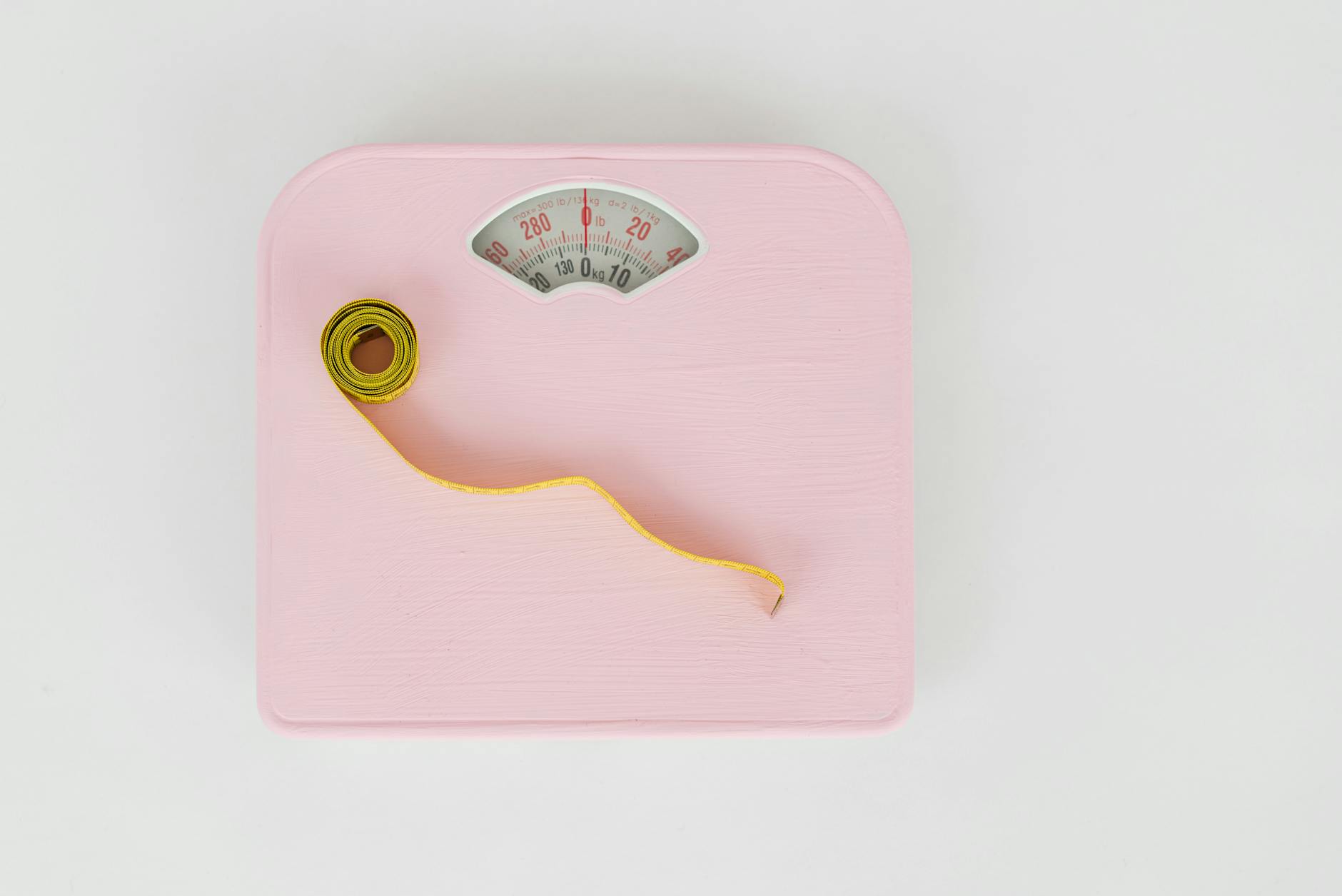
Similarly, exercising can help with weight loss. Maintaining your ideal weight or losing some extra weight can help keep your body in tip-top condition! Another way to help you lose weight is through a healthy diet. Depending on your diet, it can affect the way your body produces and absorbs cholesterol. Thus, when you are losing weight, it also reduces your cholesterol levels, while increasing beneficial HDL, but decreasing harmful LDL.
7. No To Smoking

As many know, smoking is something that will affect your health, and especially your lungs! Not only that, but even people who inhale second-hand smoke from smokers can suffer from health risks as well. Besides hurting your body and making it much more susceptible to heart diseases, it also changes how your body handles cholesterol. When you smoke, your immune cells won’t be able to bring back cholesterol from your vessel cells and transport it to your liver. Therefore, if you give up smoking, it can help reverse the harmful effects it causes to your body.
8. Supplements
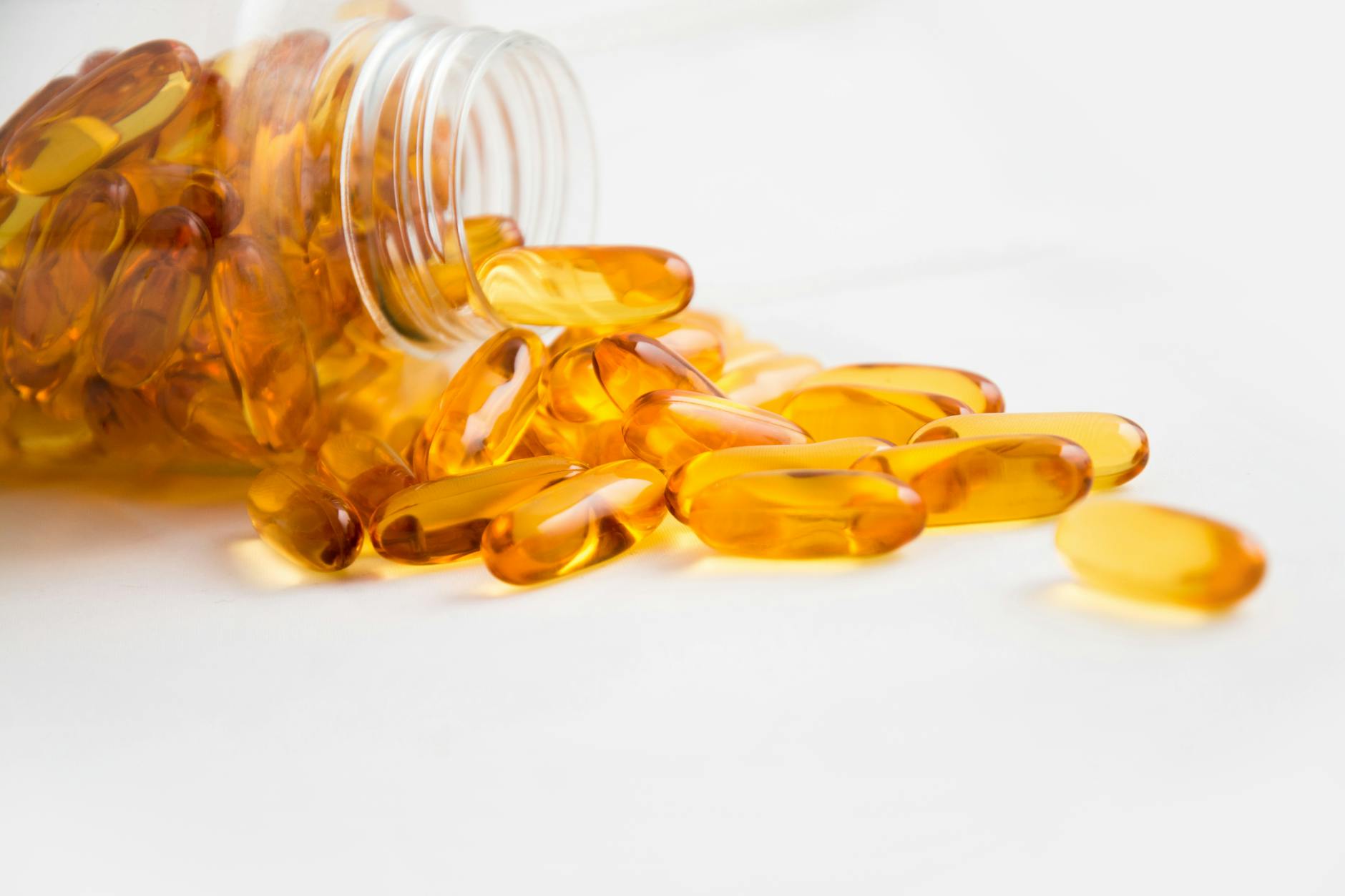
Supplements are also a great way to help reduce your cholesterol levels. Not only that, but they can also help manage them as well! Aside from that, there are also plant versions of cholesterol. Plant sterols and stanols resemble cholesterol a lot and are usually absorbed into your body from your diet. What’s more, is that these types of supplements do not cause your arteries to get clogged up! Besides that, they can easily be found in foods such as butter substitutes and vegetable oils.
9. Medications
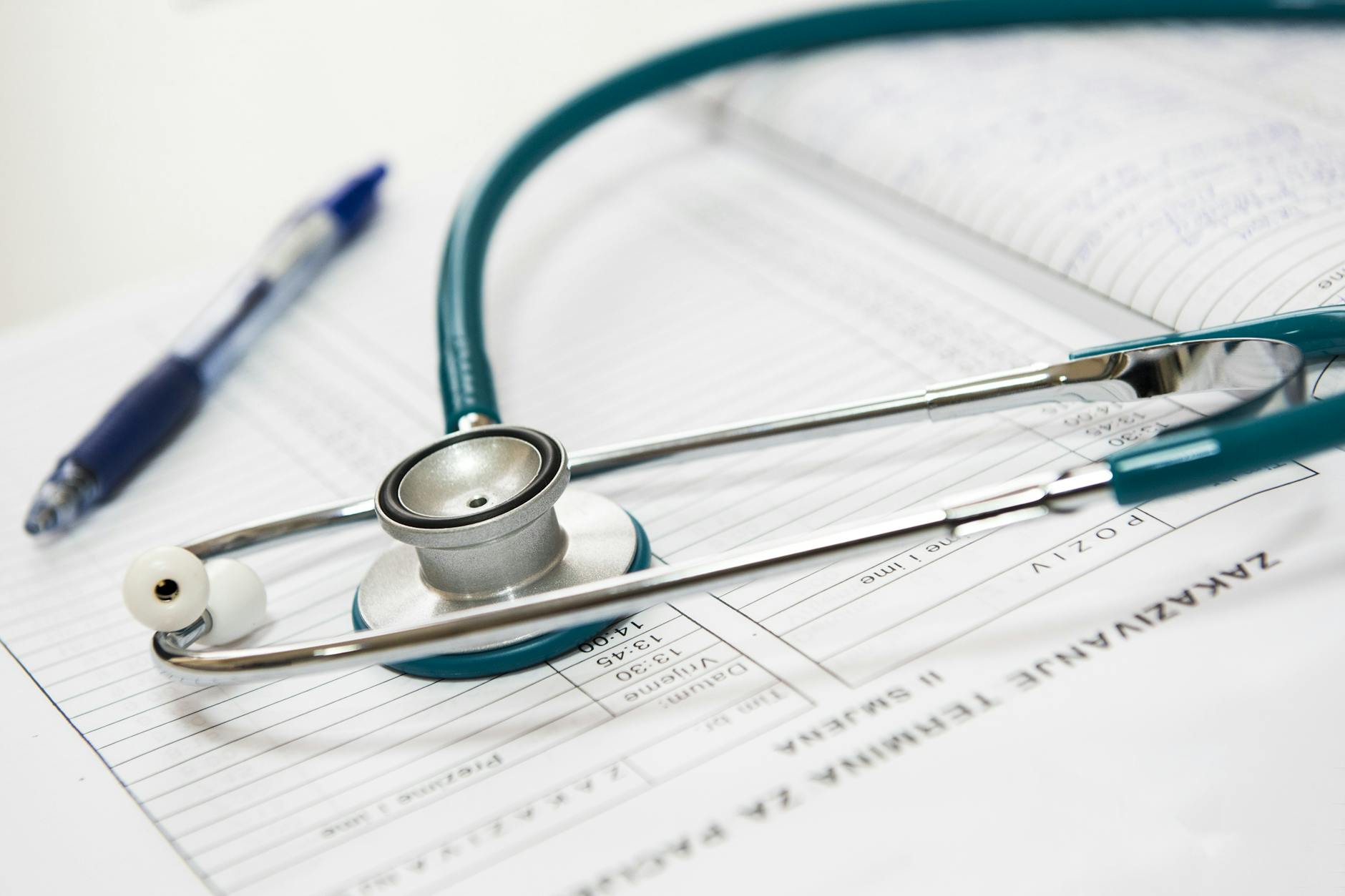
When your cholesterol levels are too high, doctors will most likely prescribe you with medication. This can help to either maintain your levels, or reduce them. Most people who are at risk of getting a stroke or heart failure will need medication. The standard medication for those with high cholesterol is Statin. Statin has the benefit to help reduce cholesterol and the risk of strokes and heart attacks. Even though you are taking medication, it is also important to maintain a healthy diet and lifestyle!
If you found this useful, make sure to follow us on Instagram and Facebook for the latest beauty news and trends! Check out our Insider Mall to Shop Beauty, Get Rewarded!






